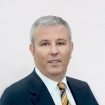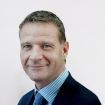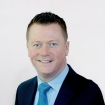
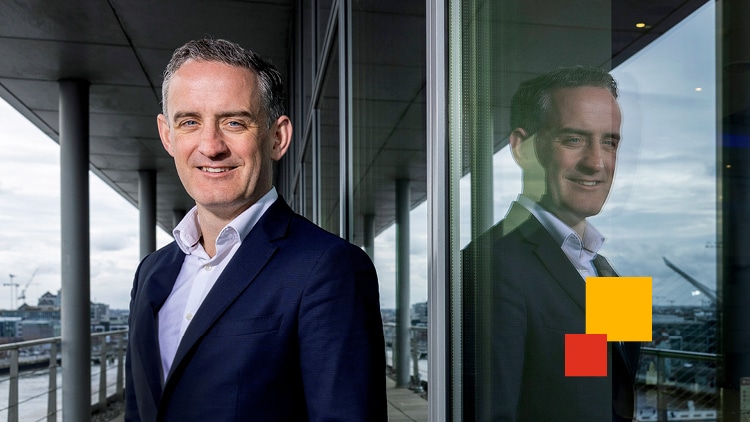
“Those leading the Climate Action agenda have set ambitious targets for Ireland, Europe and the world. That means significant investment in public transport, renewable energy and our built environment.”
Robert Costello | Partner, Capital Projects & Infrastructure
You joined PwC Ireland in 2022 to establish its Capital Projects & Infrastructure practice. What are the prospects for the practice in the years ahead?
We’re typically advising on large scale capital investment projects in various sectors, including transport, energy, healthcare, housing and telecoms, and we work with both public and private clients. When you plan to invest millions or billions, the time horizon can be 20, 30 or even 40 years. Because of that, you look beyond the immediate economic cycle—and sometimes beyond several economic cycles. This can help plan for the longer term as clients look to the future. One of the main drivers of investment at the moment is sustainability and reaching our net zero commitments. Those leading the Climate Action agenda have set ambitious targets for Ireland, Europe and the world. That means significant investment in public transport, renewable energy and our built environment. Considering that, we expect to see a large amount of capital investment in the future—in Ireland and beyond.

“We have emerged from a prolonged phase of underinvestment; it’s a global phenomenon but probably more acute in Ireland as we went through a very deep recession.”
— Robert Costello
How do you expect this increased capacity to invest to play out in the years ahead?
The truth is, we have a lot of catching up to do. We have emerged from a prolonged phase of underinvestment; it’s a global phenomenon but probably more acute in Ireland as we went through a very deep recession. Today, the money is available from governments and private investors to deliver large-scale infrastructure projects, but one challenge is our collective capacity to deliver. In many cases, organisations lack the skills and expertise they need. There are also more immediate challenges, such as construction inflation and supply chain issues. But given the focus on sustainability, a whole range of projects will need to be completed in the next 10-20 years so I expect to see a big focus on delivery in the near-term.
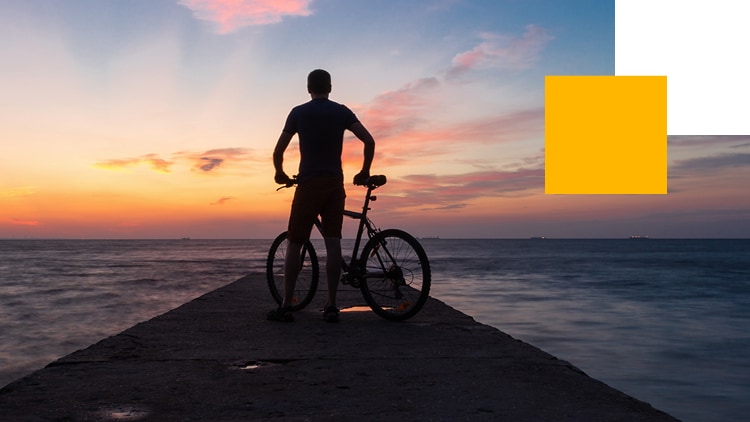
“We need strong leadership and a willingness to take calculated risks in a collaborative, forward-looking manner. If we do that, we can deliver a lot in the decades ahead.”
— Robert Costello
Given the headwinds that currently exist, where should clients focus their attention?
The broader economic challenges are beyond the control of our private clients, but the Government can mitigate some of the issues by creating tangible pipelines of work. This will attract more interest from overseas investors who will provide both funding and skilled labour to deliver these projects. That, in turn, would add competition to the marketplace and potentially reduce costs over time. Collaboration is also critical to success, and we must futureproof today’s projects to ensure they can adapt over time. In the early 2000s, the National Roads Authority (NRA) did an excellent job of adding ducting to our road network, allowing fibre cables to be added later. That’s a great example of somebody thinking about their project as part of a bigger picture, and we need to see more of that. So ultimately, we need strong leadership and a willingness to take calculated risks in a collaborative, forward-looking manner. If we do that, we can deliver a lot in the decades ahead.
When it comes to ESG, where can Ireland outperform its peers in the context of critical infrastructure?
Wind is, without a doubt, now the island’s most valuable natural resource and we need to capitalise on our location to fast track Offshore Wind development in Ireland. It presents a huge opportunity to turn the island of Ireland into one of the largest generators of renewable energy in Europe. However, we must move quickly to establish our dominance because other countries are also active in this space. And it is critical to see this as a collaborative north/south project as we also work to upgrade the grid and supporting infrastructure like ports in the coming years. We have a mature and highly skilled renewables industry that can provide the skills and capabilities needed to deliver the island’s ambitious goals, and we are also slowly overcoming the political and policy hurdles holding us back.
Speaking of political and policy hurdles, what in your view needs to change in the short-term to ensure that the country’s capital projects and infrastructure are delivered efficiently?
First, more funding is needed for the National Development Plan. In the last year, inflation has diminished the purchasing power of the allocated €165bn, which will continue as long as inflation remains above zero. I should also note that many climate action targets aren’t factored into this figure, but any enlarged public commitment will be supported by private sector investment as well. Second, the Government needs to ensure that planning legislation provides certainty. Planning applications are currently open-ended, which isn’t good for anyone as it creates uncertainty and lengthens the timeline in many cases. If, as a country, we can refocus on these issues, we will have a much better chance of delivering the infrastructure that’s needed in a timely and cost-efficient manner.
Learn more about PwC’s Capital Projects & Infrastructure practice.
Contact us
Contact us

